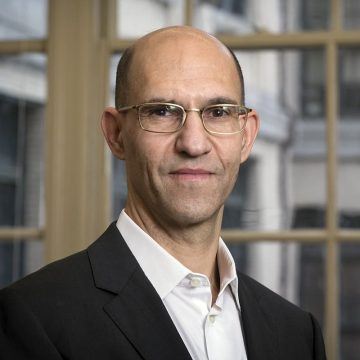Richard Marshall in 3:16 AM:

Jeremy Avigad is a professor in the Department of Philosophy and the Department of Mathematical Sciences and associated with Carnegie Mellon’s interdisciplinary program in Pure and Applied Logic. He is interested in mathematical logic and proof theory, formal verification and automated reasoning and the history and philosophy of mathematics. Here he discusses the relationship between philosophy and mathematics, philosophy of mathematics and analytic philosophy, early twentieth century mathematical innovation, Hilbert and Henri Poincare, mathematical logic, the distinction between syntax and semantics, about not being dogmatic about foundations, change in mathematics, the role of computers in mathematical enquiry, the modularity of mathematics, whether mathematics is discovered or designed, why David Hilbert is important, and formal verification, automated reasoning and AI.
3:16: What made you become a philosopher?
Jeremy Avigad: My graduate degree is in mathematics, specifically in logic, but I have been thinking about mathematics for almost as long as I have been doing it. It was Carnegie Mellon that turned philosophy into a profession for me. I am eternally grateful to my department for recognizing that the foundational work I was trained to do is philosophically important, and for giving me room to use that background to explore the history and philosophy of mathematics.
More here.
